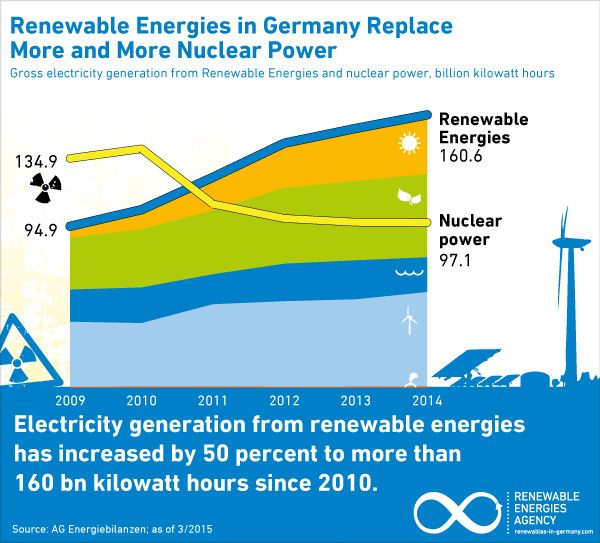18. Action is less expensive than inertia
 Climate protection requires investment in efficient and low-carbon technologies. Such investments often pay off within a couple of years as energy bills get smaller. For society and the world community as a whole, such investments lower the overall costs to deal with the consequences of climate change such as crop failures, natural disasters or diseases.
Climate protection requires investment in efficient and low-carbon technologies. Such investments often pay off within a couple of years as energy bills get smaller. For society and the world community as a whole, such investments lower the overall costs to deal with the consequences of climate change such as crop failures, natural disasters or diseases.
Renowned economists have warned of escalating costs of climate change. In his 2006 report, British economist Sir Nicholas Stern points out that swift action to stabilize CO2 emissions would cost about one percent of global gross domestic product (GDP). If nothing is done, however, the costs of climate change will be even higher.
The Intergovernmental Panel on Climate Change (IPCC) cautions against the consequences of climate change. According to climate scientists contributing to the IPCC report, global CO2 emissions will have to be at least halved by 2050 to prevent a temperature rise by more than 2°C. Industrialized countries will have to reduce their greenhouse gas emissions by 80 percent by 2050. Without promoting renewables, this will not be possible. The European Emissions Trading System (ETS) has so far failed to foster climate protection because of the price level for pollution rights, which is far too low currently.
http://www.ren21.net/Portals/0/documents/Resources/GSR/2013/GSR2013_lowres.pdf

Social Media